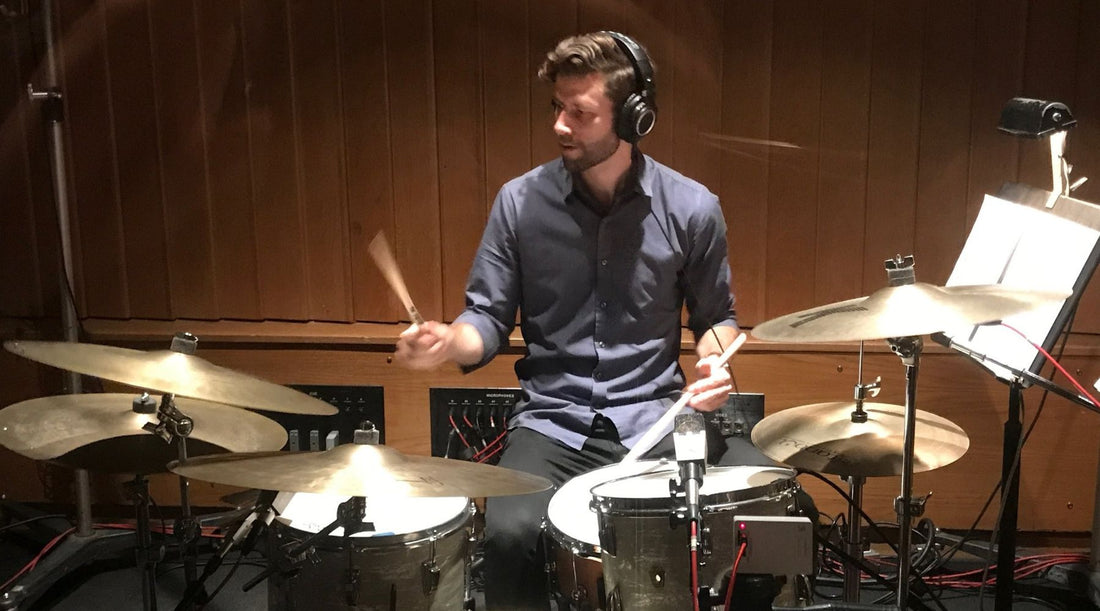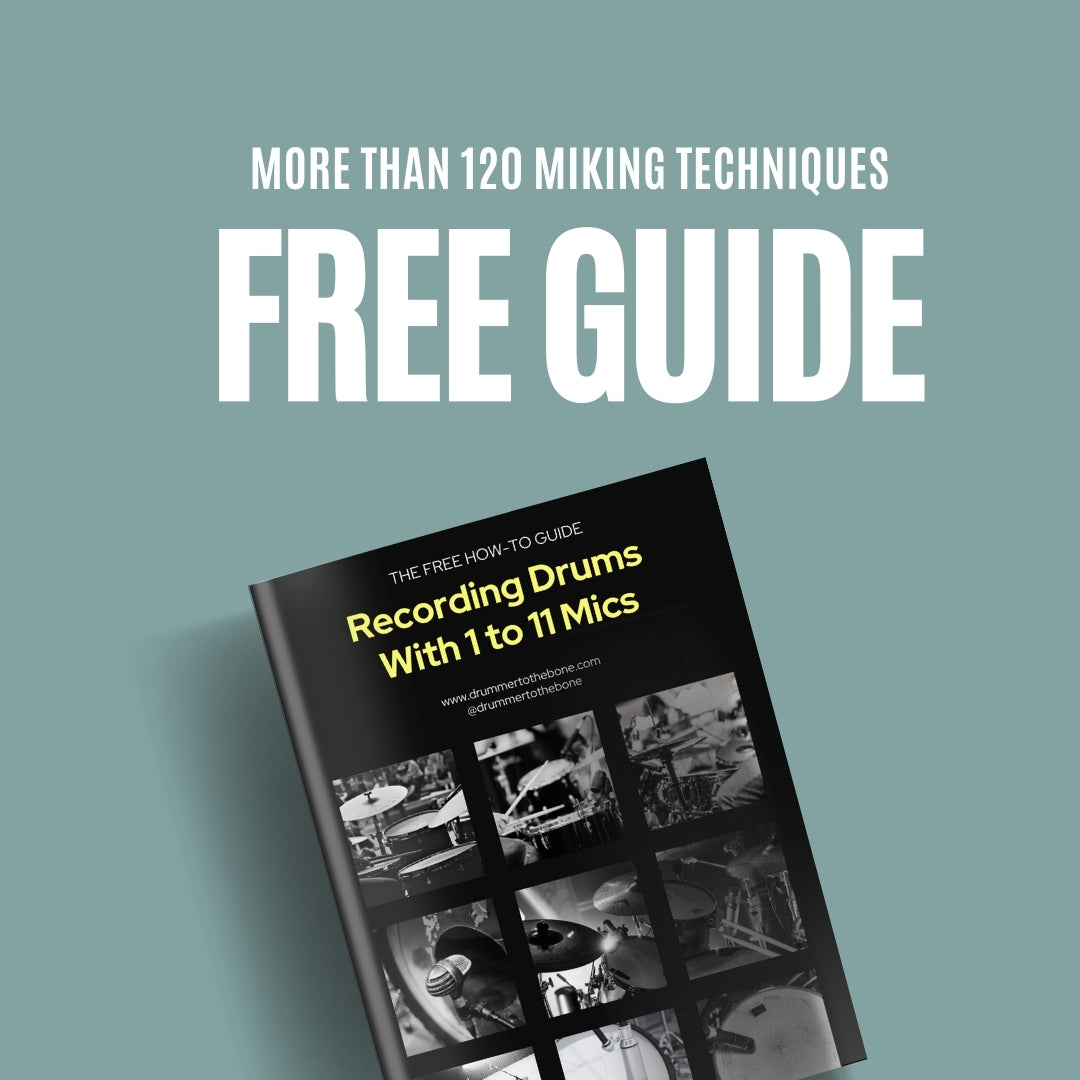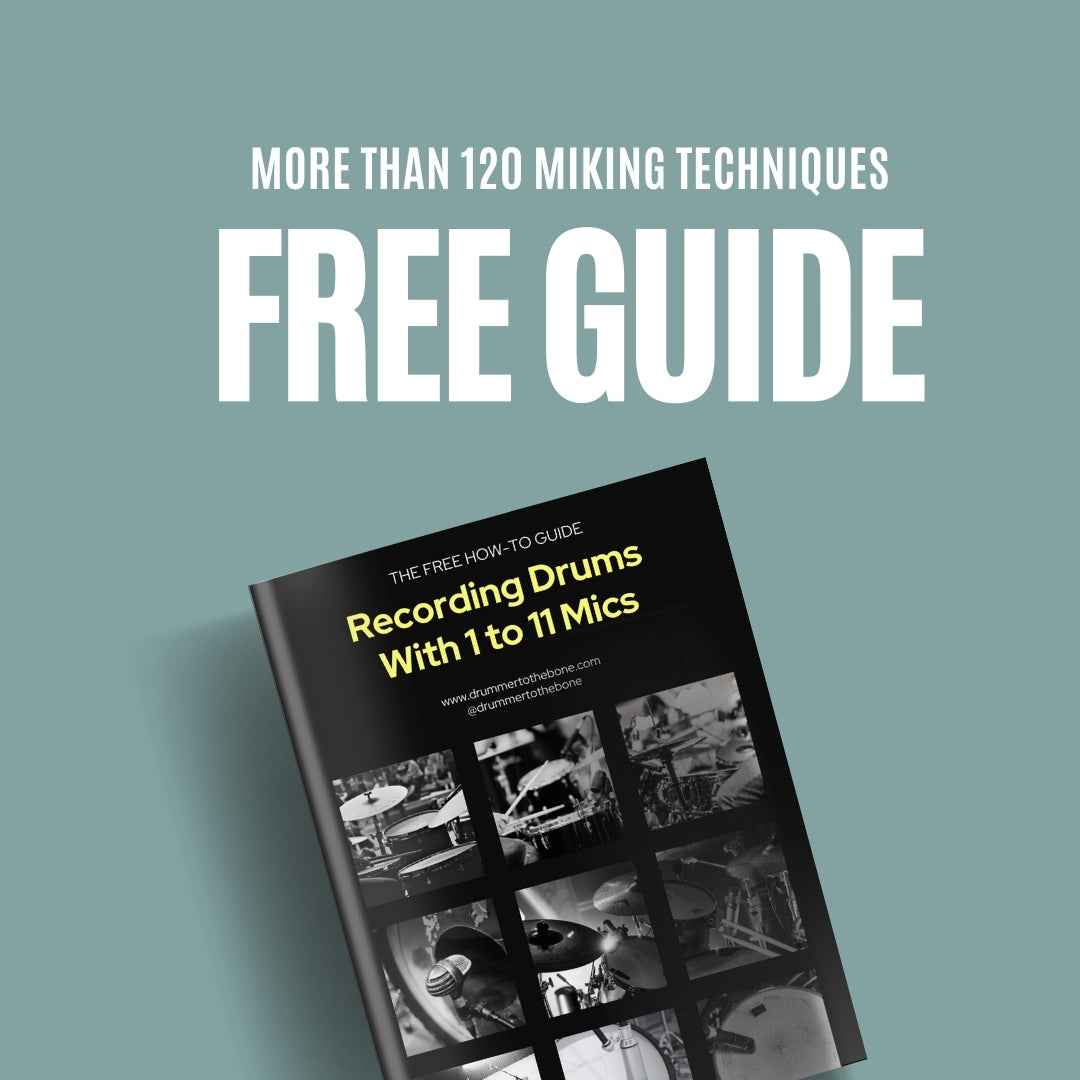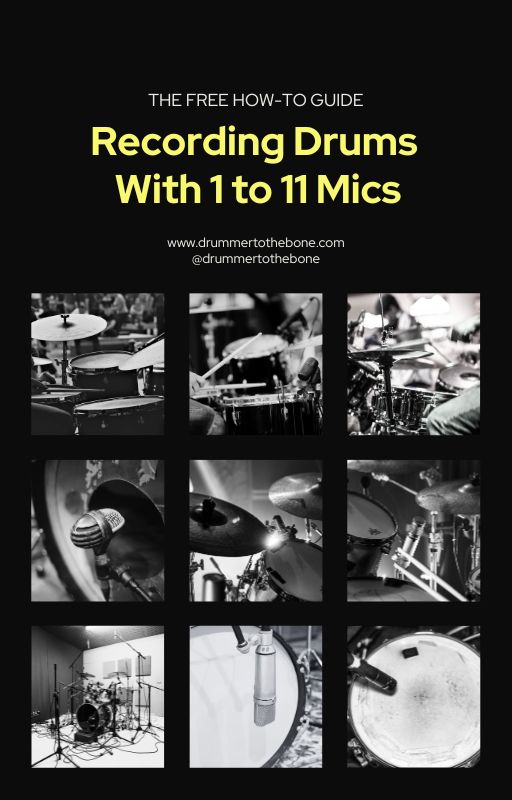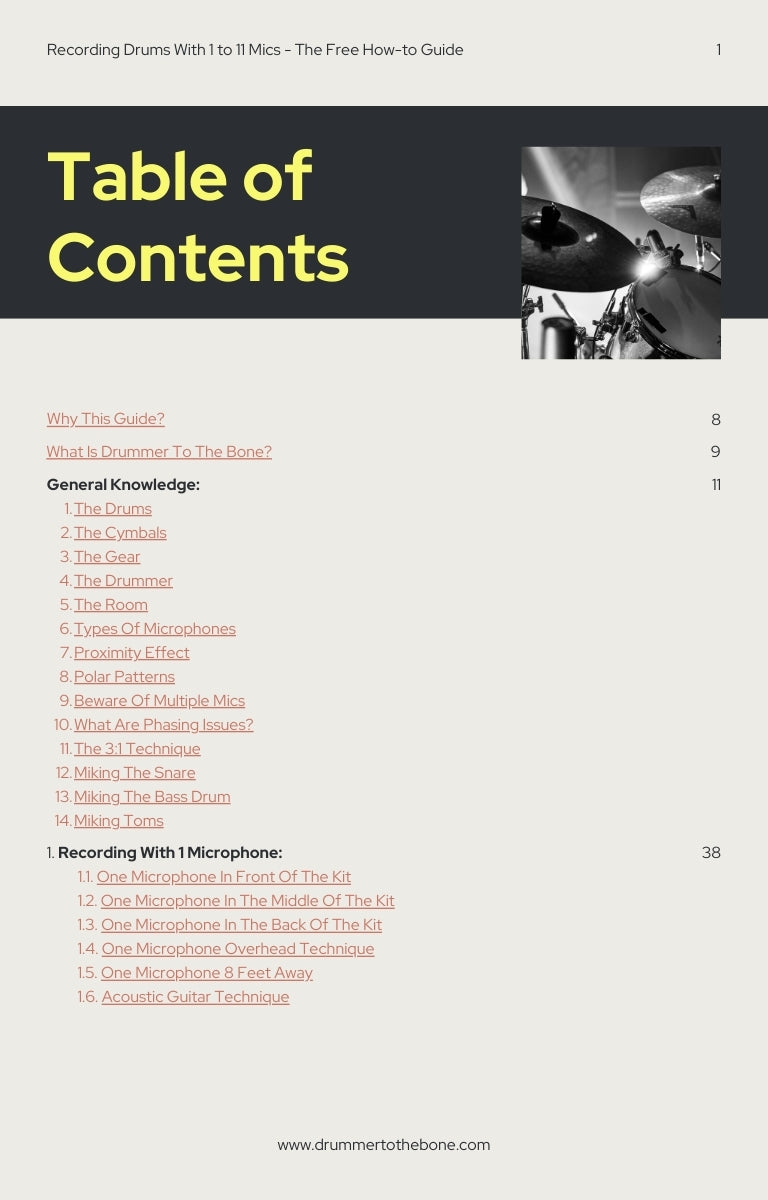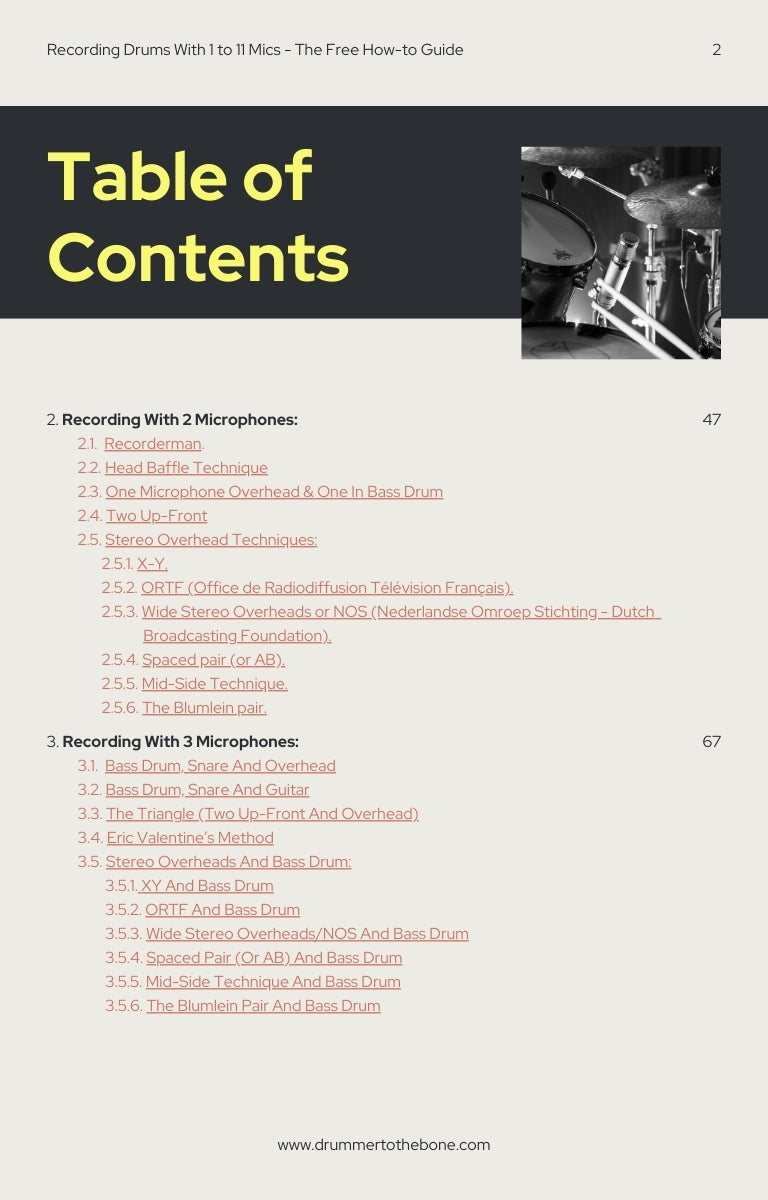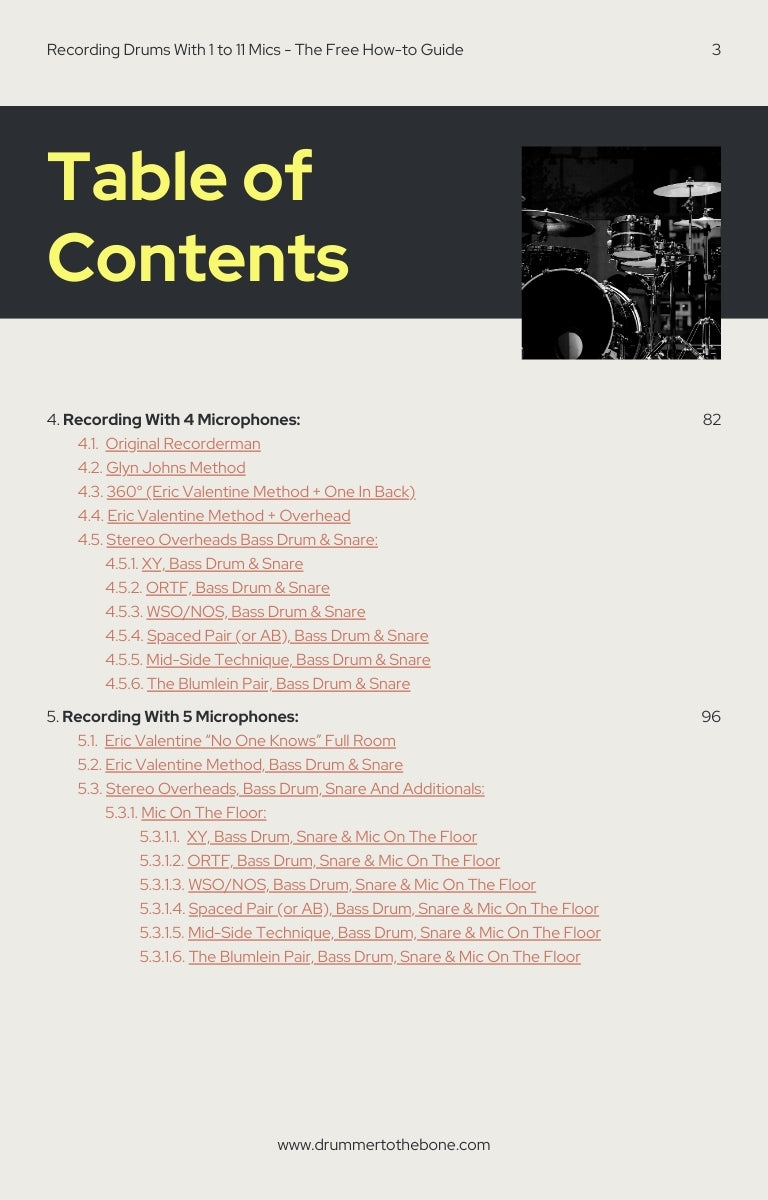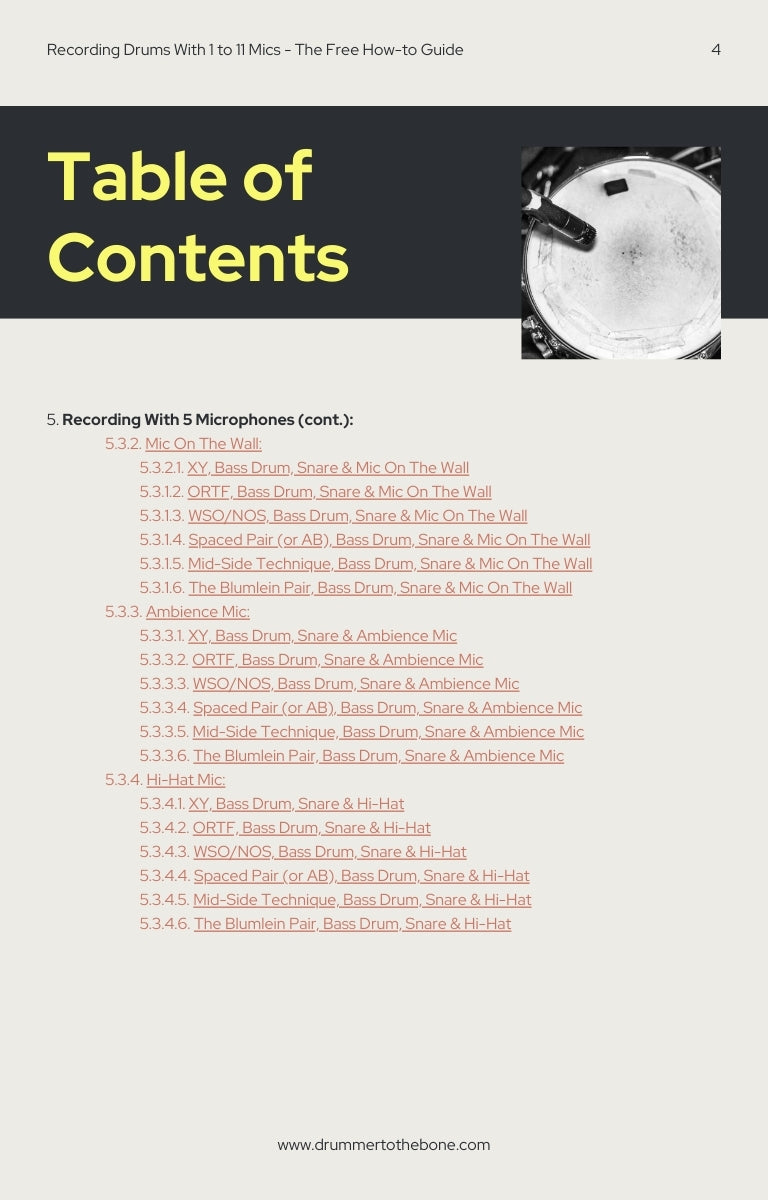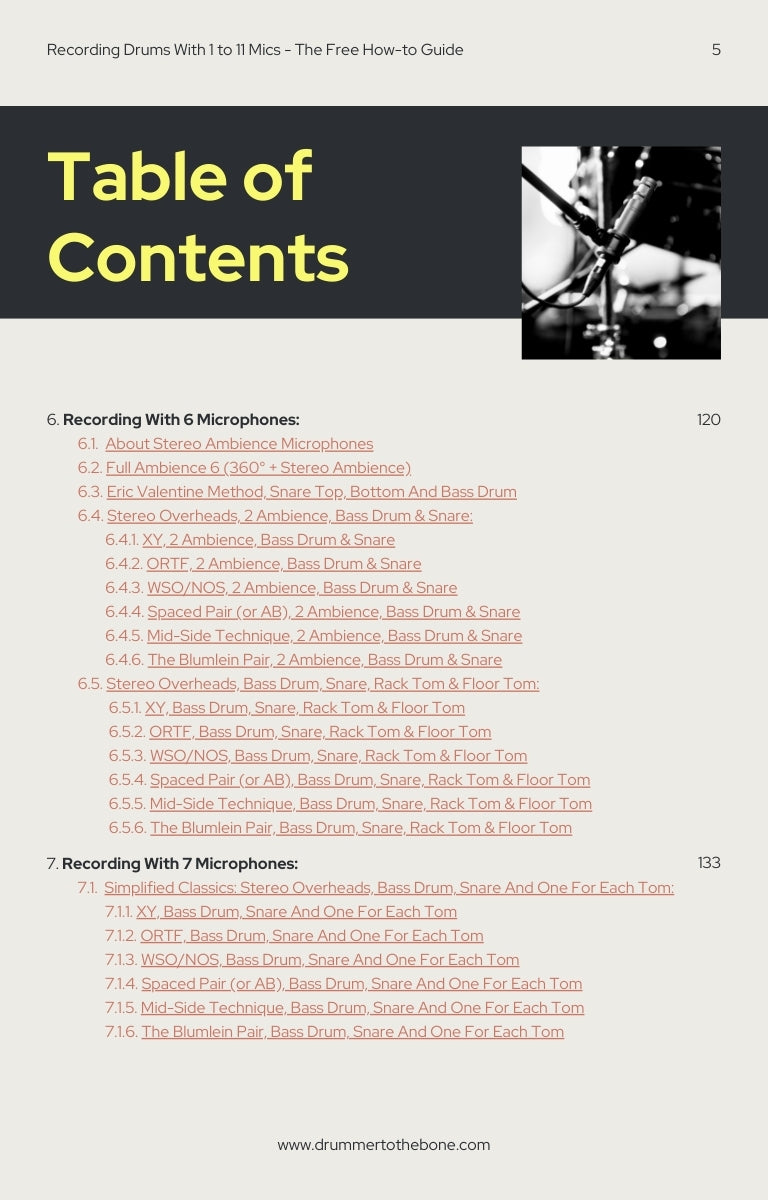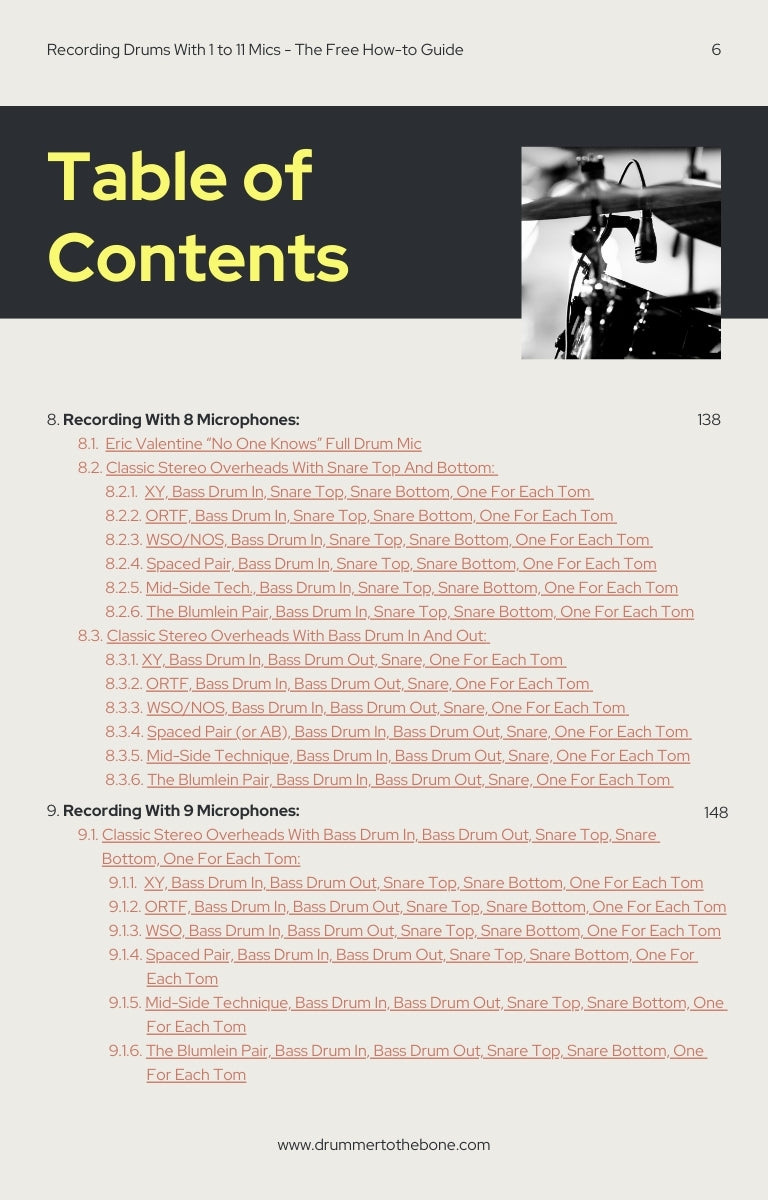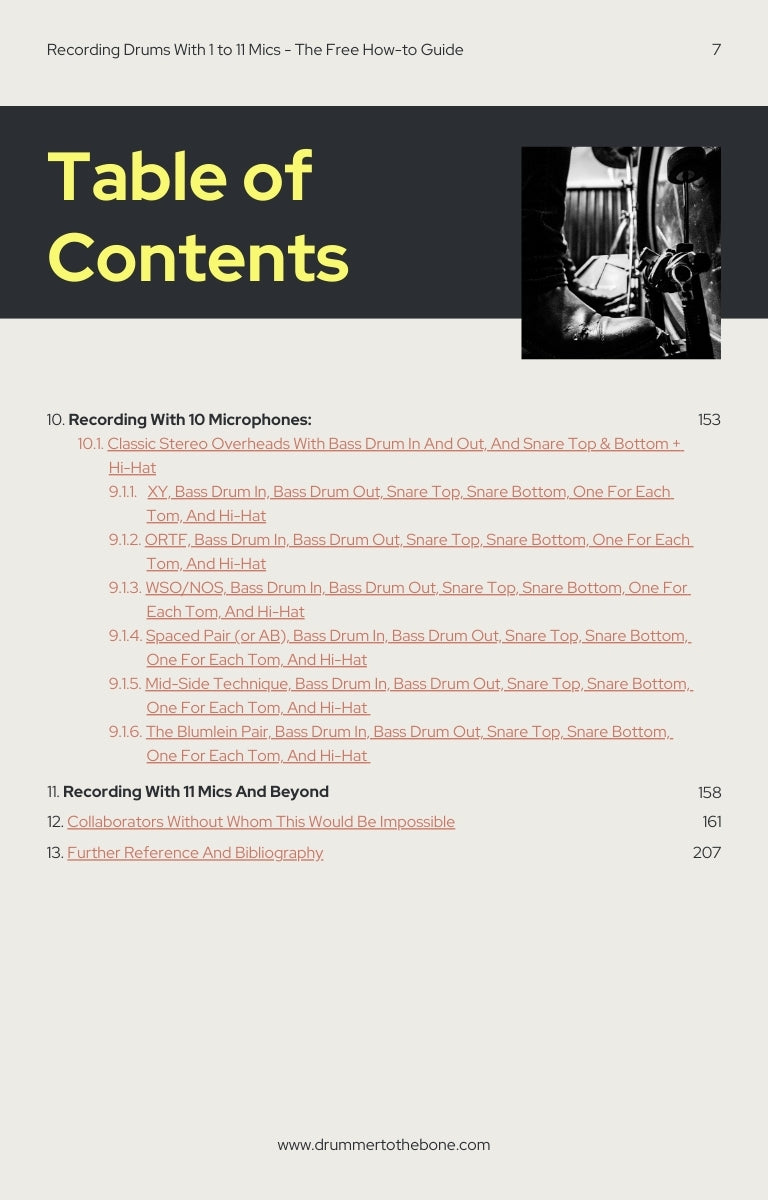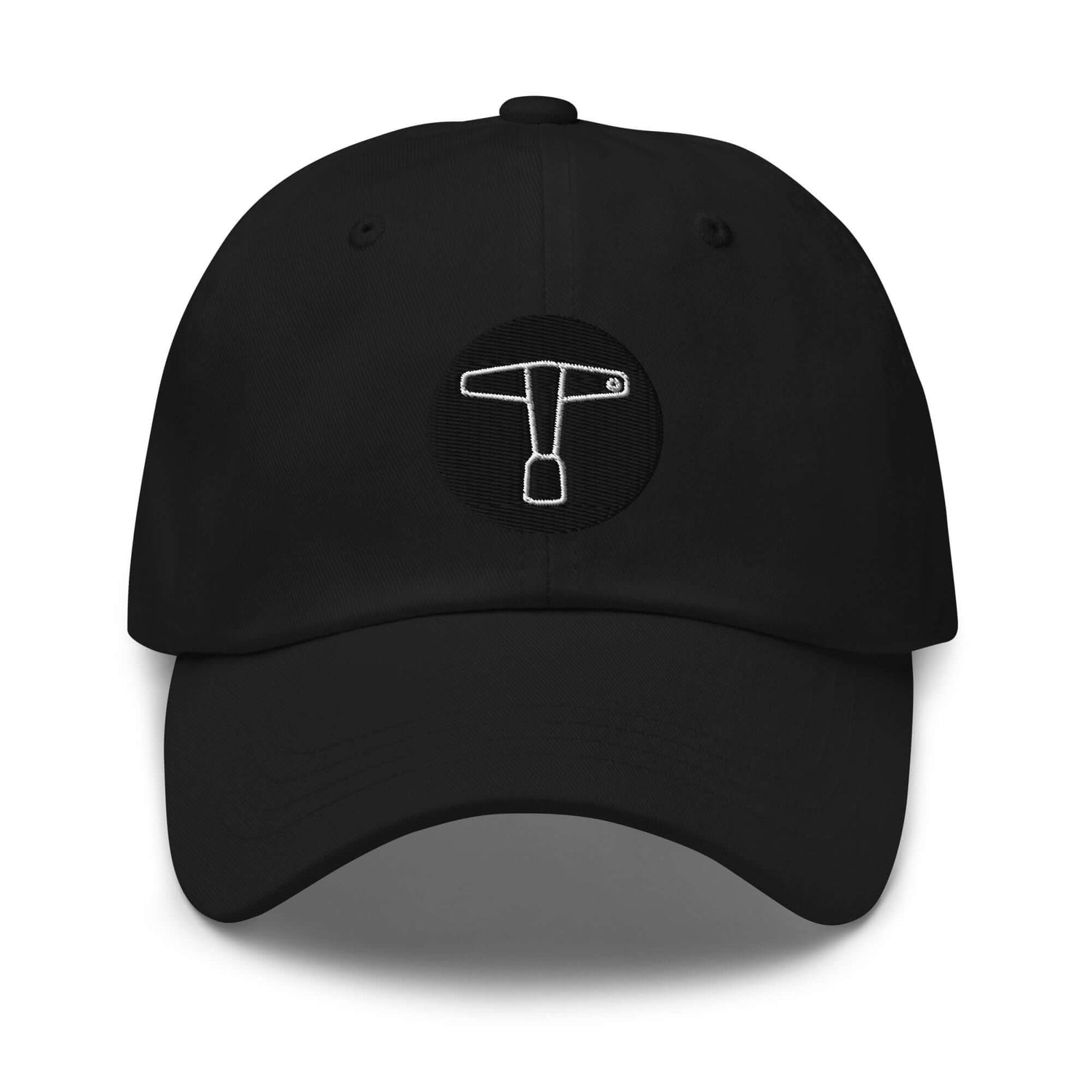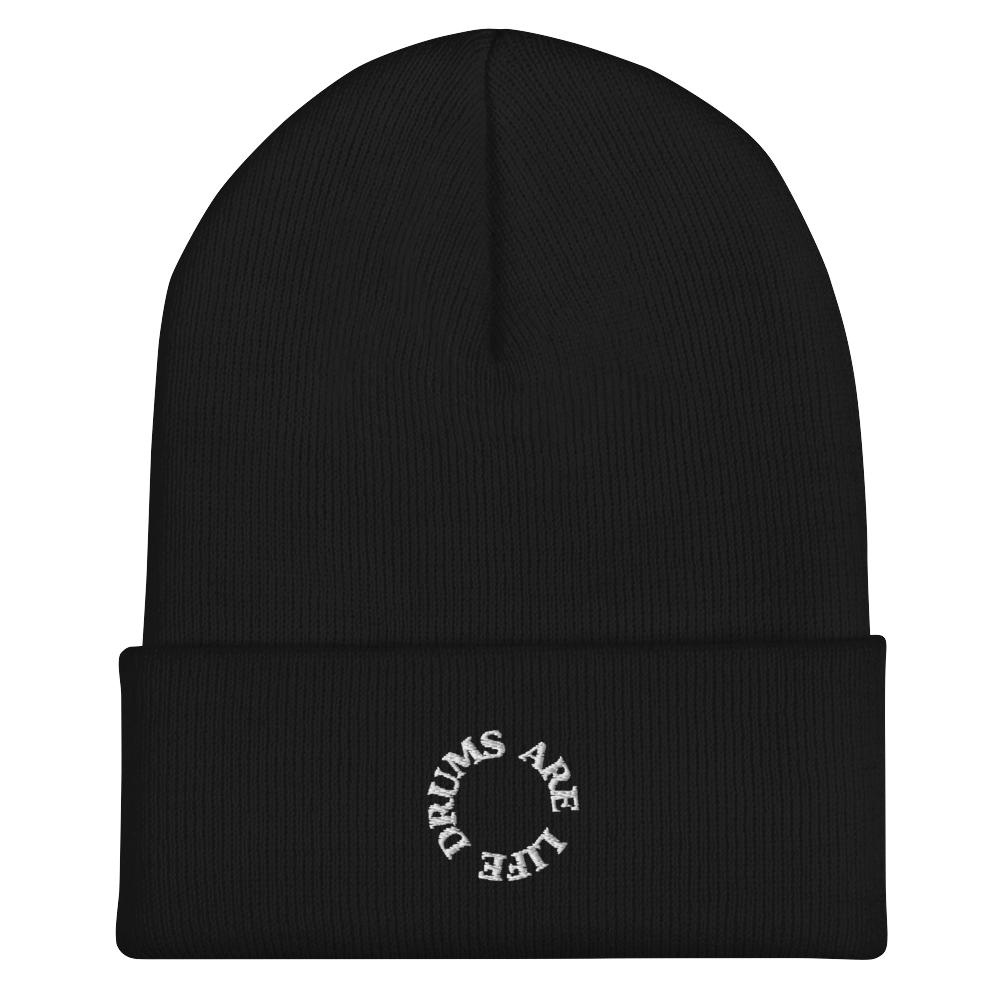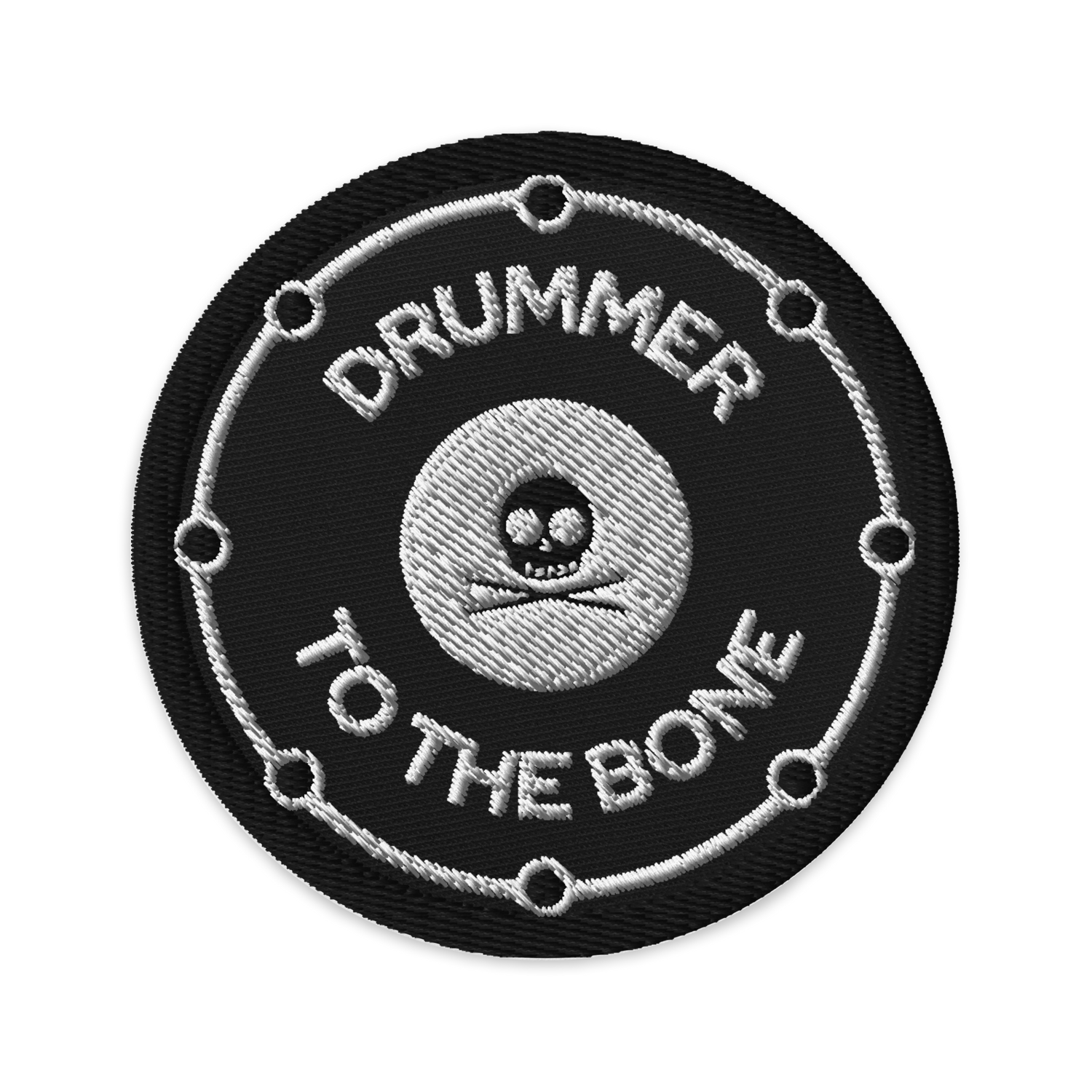
About Greg Sadler
Greg Sadler is a Los Angeles-based session drummer with a busy schedule both in the studio and on the stage. He has provided the rhythmic foundation for GRAMMY winners, Rock and Roll Hall of Fame Inductees, Tony winners, and many more.
Greg also has his own studio from which he records for movies, television, and video games, in addition to playing on projects and songs for clients all over the world. He recently played on the soundtrack for the TV show Good Trouble which airs on Freeform, and also joined forces with renowned composers Hal Rosenfeld and Tony Morales to play on the soundtrack for the first episode of the latest Arnold Schwarzenegger Show FUBAR which airs on Netflix, the show is a massive hit and it has been confirmed a new season.

Tom: You prepare actors for playing the role of a drummer. How do you approach that? What would be the roadmap?
Greg: I would say it is and it isn't like having a beginner student. Because if I get a beginner student, it's like, "Great, you're now my student, let's start at square one". And we'll just work up. And in five years, you'll be an advanced student. With an actor, they come to me and it's like: "I have to play the song next week". So the skill level is the same, but the destination is coming a lot sooner. I would say the advantage that I have in being able to teach actors is that I've done a fair amount of on camera work myself, doing what's called "sidelining", when you see a musical scene in a TV show or a movie, that music has been pre recorded. Everybody on stage is miming to what they're hearing, and we're getting playback. So I've done a lot of work like that out in LA.
I have seen a lot of the finished products that come from that work, and realize what's important and what is not. A lot of times, even if you're really far in the background, or they're going to cut to the drums in a place. That doesn't even make sense. It doesn't even match up. Even if I was playing perfectly with the recording. They use that part for this part of the song. Now I look like I don't know what I'm doing. So, having that experience, I get to come in and help these actors. Basically, it depends on the timeline. It's usually pretty rushed. So I ask myself "what is the most important thing?" You're just way in the background of this scene? What do we need to teach you so you are at least hitting the right cymbals, or you're not crossing your arms the wrong way?

That Thing You Do! (1996), directed by Tom Hanks
If I have more time with the actor, we'll just start to zoom in. In a heavy drum feature for an actor, like the movie "That Thing You Do", [or "Whiplash"] if it's that kind of situation, then we need the time to be able to say "these are the specific skills that you're going to need in order to execute this". So let's start with those. And we won't worry about paradiddles, flams, or whatever. We'll just hone in what you need in order to get this done. That's the approach that I try to take. And the great thing is that I've been very fortunate to work with actors that care a lot.

Not quite his tempo...
Tom: What would you say are the 5 must-have things for a working drummer?
Greg: I'm going to answer this as someone who lives in LA. Because it might be different in New York, or Nashville or the UK or other places. But I think it's very important to have a car. I drive every day and you have a vehicle that you can slam a drum set into and get off to a session quickly or rehearsal.A good attitude is essential. I hate working with people that are always negative or always complaining about getting this thing paid more or we're going way too late. You know, all this stuff. You took the gig, you took the session. We're here now, let's have fun. Let's make the music and make the best of it out of it.

Must have the right gear. Gear that will facilitate playing in a musically-appropriate manner for what the session is asking for. If I go up with a 24" kick for my little Steakhouse jazz trio... You've got to show up with gear that is gonna make it easier to execute this music in a way that is stylistically appropriate.
Tom: What about sight reading?
Greg: It depends. I have a lot of friends that can't tell you the last time they read a chart. In my case, I can't tell you how many charts I've read in the last two weeks! So much material goes by. With the different gigs that I play, sight reading is absolutely essential for me. Also notating. Being able to hear something and annotate quickly, in a similar vein is so essential for me.
Tom: What about connections?
Greg: For me, as someone who does studio and live work, that is invaluable. I've spent the last 12 years in LA meeting people, playing on gigs and becoming friends grabbing drinks, grabbing coffee. It really pays dividends to know and be close to all these people. It's not just who you know, it's how well you know them.
Are they going to be excited when you show up to a gig? And are you going to be, "Hey, how's your daughter doing?" And I remember her name, and your wife's. This is my social scene. And so it really is a friendly environment and a familial environment. That's essential, to work regularly and get gigs. If you are working and talk to the people at your gig and learn what they're doing and ask questions and follow up and follow them on Instagram and comment... You have to stay engaged and stay at the front of people's minds.

Tom: So, the 5 are:
- Have a car. So you can show up quickly to the gigs.
- Have the right attitude. Be positive, be nice to be around with.
- Have the right gear.
- Sight reading and taking notes.
- Have a network.
Greg: I think I would add, if we want to go all the way, to do your homework. When you get an opportunity, show up prepared and respect the other musicians by showing up and knowing your stuff. It is so annoying being at a gig and someone shows up late and doesn't seem to care about it. Or showing up and not knowing your music. That's so disrespectful to other people's time and it's part of being a professional. Respect your craft, respect the other people you're working with. Do whatever you have to learn your parts. Even if you have to stay up all night. Show up knowing your stuff will pay dividends throughout your entire career.
Ho, and stay humble.
---
You can reach out to Greg through his website http://www.gregsadlerdrums.com/ his Instagram gregsadlerdrums and his YouTube Channel @gregsadlerdrums If you want to know more about the mic standing behind Greg and other Vanguard Microphones, you can check them out here https://bit.ly/3KoQrYk
Want the full, unedited interview with Greg? You can check it out here:

